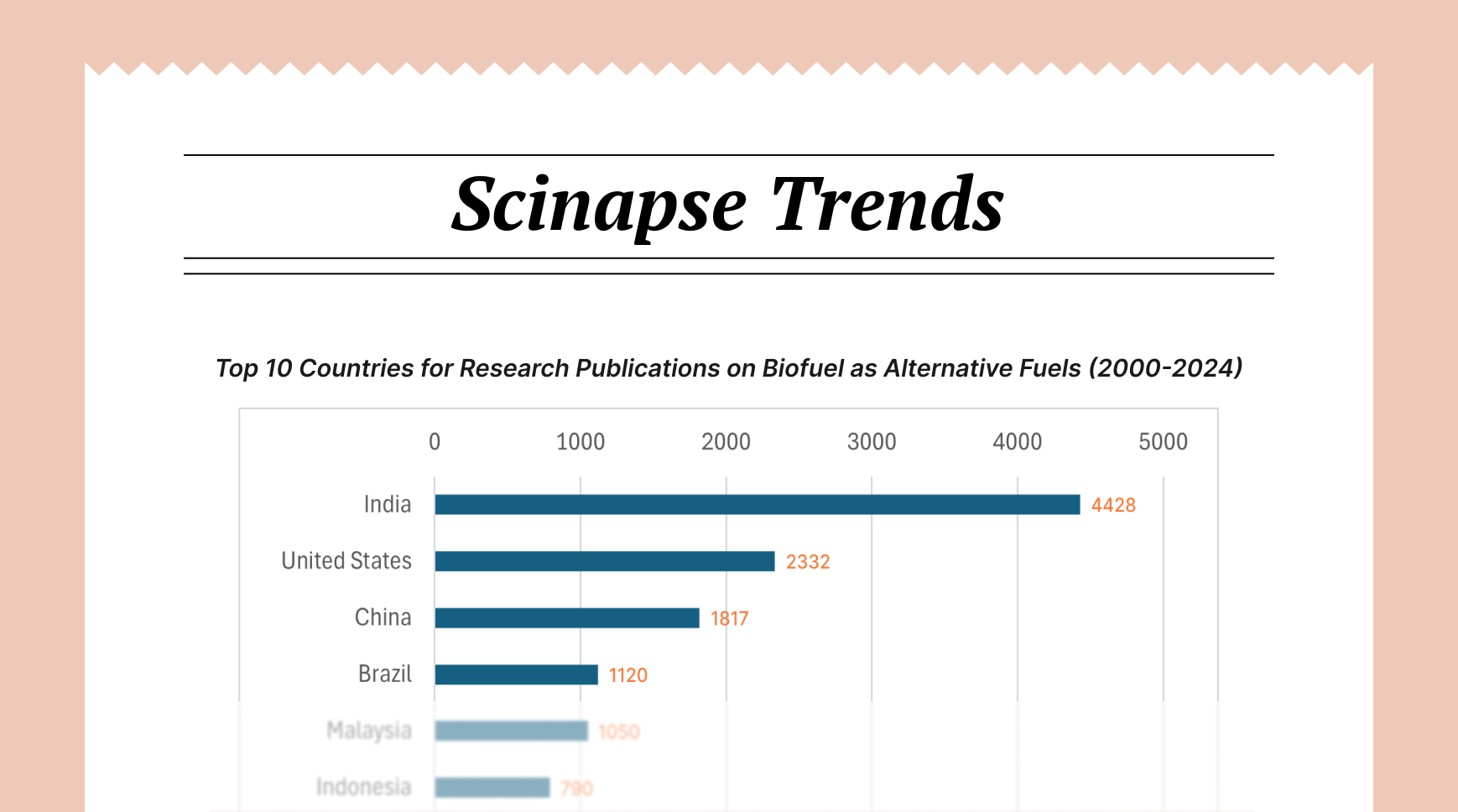Importance of Literature Review in Research

A literature review is a bridge between existing knowledge and new scholarly discoveries. Far more than a simple collection of sources, it is a sophisticated analytical tool that provides context, depth, and direction to research across disciplines.
A literature review is fundamentally a critical analysis and synthesis of existing research on a specific topic. It goes beyond mere summarization, offering a comprehensive evaluation of the current state of knowledge in a particular field.

Why Literature Reviews Are Essential in Research? 5 Factors to Know!
1. Contextualizing Research
Every research project exists within a broader academic landscape. A literature review serves as a crucial contextualizing tool, helping researchers:
- Situate their work within existing scholarly discourse
- Understand the historical development of their research topic
- Identify the current state of knowledge in their field
By providing this comprehensive background, researchers can demonstrate the significance and originality of their work, showing how it builds upon, challenges, or extends existing scholarship.
2. Identifying Knowledge Gaps
One of the most critical functions of a literature review is to identify unexplored territories in academic research. Through meticulous analysis, researchers can:
- Pinpoint areas lacking substantial investigation
- Uncover contradictions in existing research
- Identify opportunities for novel scholarly contributions
These knowledge gaps become the fertile ground from which groundbreaking research emerges, driving academic innovation and pushing the boundaries of understanding.
3. Developing Theoretical Frameworks
A robust literature review is instrumental in building theoretical foundations. It enables researchers to:
- Synthesize existing theoretical approaches
- Critically evaluate competing theoretical perspectives
- Develop more nuanced and comprehensive theoretical models
By engaging deeply with existing scholarship, researchers can construct more sophisticated theoretical frameworks that provide deeper insights into complex research questions.
4. Informing Research Methodology
Literature reviews offer invaluable methodological guidance. By examining previous studies, researchers can:
- Identify successful research strategies
- Understand potential methodological limitations
- Develop more refined and effective research approaches
This methodological insight helps researchers avoid common pitfalls and design more robust studies.
5. Establishing Research Credibility
A well-crafted literature review demonstrates a researcher's scholarly expertise. It showcases:
- Comprehensive understanding of the field
- Critical analytical skills
- Ability to synthesize complex information
- Deep engagement with existing scholarship
Finally, literature reviews are fundamental to advancing scholarly knowledge.
It is imperative to integrate technological innovation and human intellectual curiosity for effective literature review. As AI literature review tools continue to evolve, they will undoubtedly transform how we discover, analyze, and understand academic knowledge.
To know more about using AI for literature review, book a demo with Scinapse now! 👇🏻
Author: Uttkarsha B
- AI-Ethicist and STM Research & Publishing Expert
Never re-search again.
Scinapse is made by researchers for researchers.
Join the next generation of research at ⏯️ https://scinapse.io/
Pluto Labs
Pluto Labs helps researchers focus on their research by improving several inefficiencies in the academic research process. We offer data-driven insights from academic papers, allowing users to easily obtain review-level results for their desired range of papers.
https://pluto.im/





Comments ()